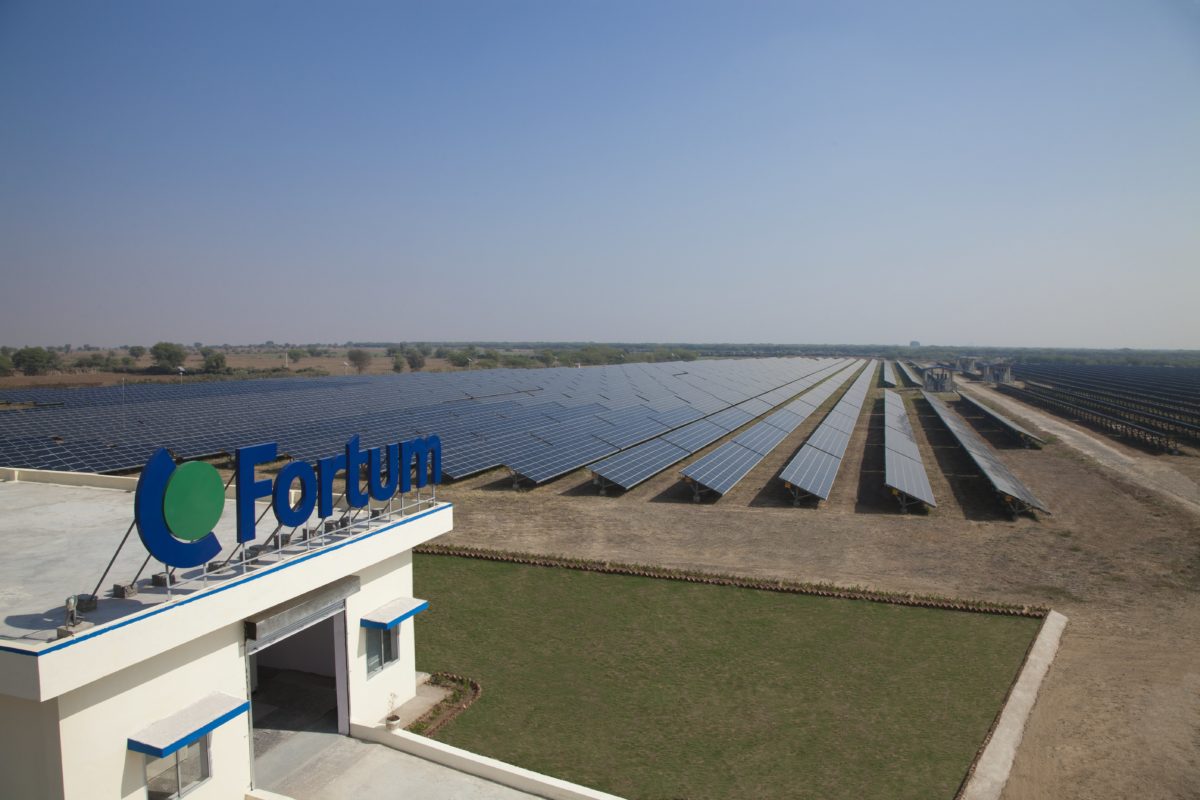The Karnataka Electricity Regulatory Commission has proposed a benchmark capital cost of Rs3.73 crore/MW (Rs37,300/kW) for solar project development in the state.
The figure – used for reference when calculating ceiling tariffs for state tenders – is a tad higher than the Rs3.14 crore/MW proposed in a discussion paper issued by the commission in February and is higher than last year’s Rs3.5 crore/MW for ground mounted solar despite continuing falls in component costs. The rise reflects the safeguarding duty applied to imported solar cells and modules from China and Malaysia as well as application of an higher rate of goods and services tax to certain aspects of PV project development. Both factors have driven up project development costs.
The decline in PV module prices since 2010 had seen the capital cost of solar projects decrease considerably. Between 2010 and the end of 2016 the module cost fell 80% and the benchmark capital cost for PV projects came down from Rs6.05 crore/MW in 2015-16 to Rs5.3 crore the following year.
The benchmark cost set by the Central Electricity Regulatory Commission – which differs from state figures and is used in tenders by national bodies – includes the price of land and solar modules and the cost of mounting structures.
Comparison figures
In December, the Uttarakhand Electricity Regulatory Commission proposed a capital cost of Rs4 crore/MW for projects commissioned on or after April 1.
Last month, the Karnataka regulatory commission directed Karnataka Renewable Energy Development Limited (KREDL) to halt solar projects being developed by state agencies to balance its renewable power purchase obligations with concerns about the financial health of the state’s power distribution companies.
Under the new order, central agencies such as the Solar Energy Corporation of India and the NTPC (formerly the National Thermal Power Corporation) can continue to tender and auction PV capacity with interstate transmission system connectivity.
According to KREDL – the agency which issues tenders for bulk renewable energy procurement for its utilities – the state’s commissioned solar power capacity was 6,127 MW at the end of March and its power companies reportedly have enough solar to meet their RPO for two years.
This content is protected by copyright and may not be reused. If you want to cooperate with us and would like to reuse some of our content, please contact: editors@pv-magazine.com.








By submitting this form you agree to pv magazine using your data for the purposes of publishing your comment.
Your personal data will only be disclosed or otherwise transmitted to third parties for the purposes of spam filtering or if this is necessary for technical maintenance of the website. Any other transfer to third parties will not take place unless this is justified on the basis of applicable data protection regulations or if pv magazine is legally obliged to do so.
You may revoke this consent at any time with effect for the future, in which case your personal data will be deleted immediately. Otherwise, your data will be deleted if pv magazine has processed your request or the purpose of data storage is fulfilled.
Further information on data privacy can be found in our Data Protection Policy.